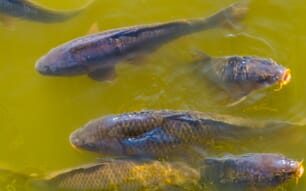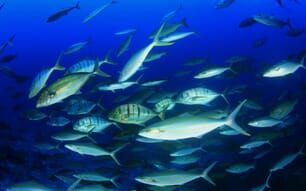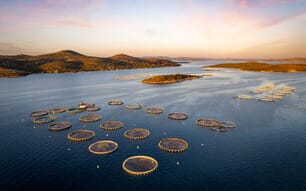According to the investigation, the steel plant discharged industrial waste into the ocean, containing harmful chemicals such as phenol, cyanide and iron hydroxides, reported TheDiplomat.
In a written statement that company’s chairman, Chuan Yuan-Cheng, said: “We respect the government’s investigation results and are cooperating with the authorities to handle and mitigate the consequences.”
In other news, there is much speculation as to how the UK's exit from the EU will affect the Alaskan seafood market. The value of the Euro, British Pound and the Yen have all dropped significantly against the US dollar since the announcement, making US seafood products more expensive.
This could be especially hard on canned salmon sales which make up nearly 70 per cent of Alaska exports to the UK. Canned sales last year were valued at $23 million for sockeyes and nearly $9 million for canned pinks. Alaska also saw big increases in sales of frozen pinks to the UK last year, said Laine Welch, in her column.
“Just the EU alone represents about 25 per cent of our export market so that really all affects all species, notably pollock and cod, so it’s pretty concerning,” said Tyson Fick, Communications Director for the Alaska Seafood Marketing Institute.
“It’s still speculative, but anything that has a negative effect on currency values relative to the dollar hurts exports. I do expect we will continue to be strong trading partners with both with the UK and the EU, I guess separately now," Mr Fisk added.
Also this week, India's Odisha State government has partnered with WorldFish to sustainably boost aquaculture in the state.
WorldFish will provide support to increase the productivity of aquaculture through improvements in seed, technology and farming systems.
The partnership will also focus on improving the value chain for aquaculture products in Odisha with a view to having an impact on human nutrition, where over 25 per cent of children under five in rural parts of the state suffer from acute malnutrition.
In the long-term, the goal is to foster a sustainable aquaculture sector in which the private sector will be more willing to invest.




